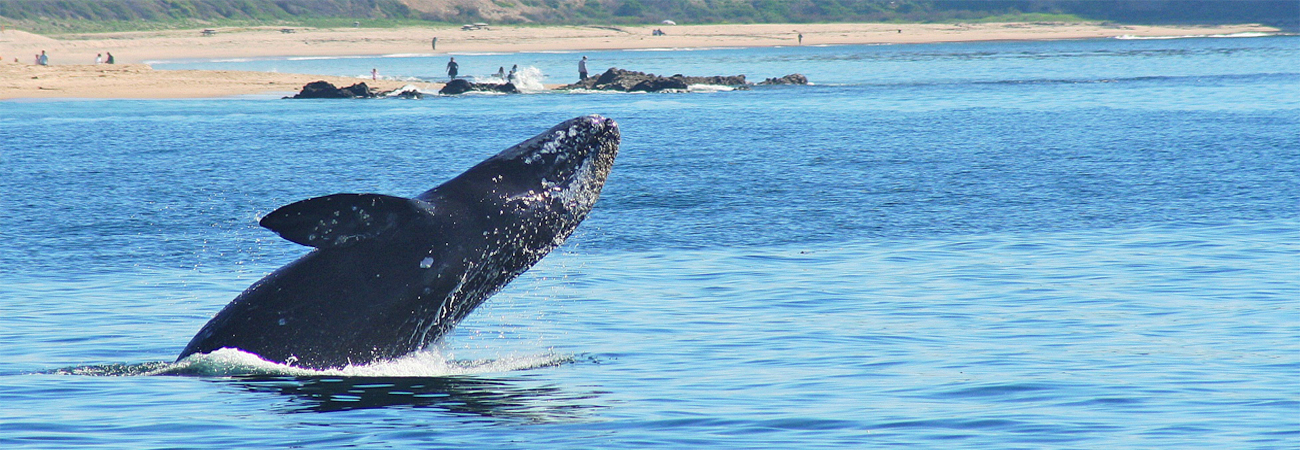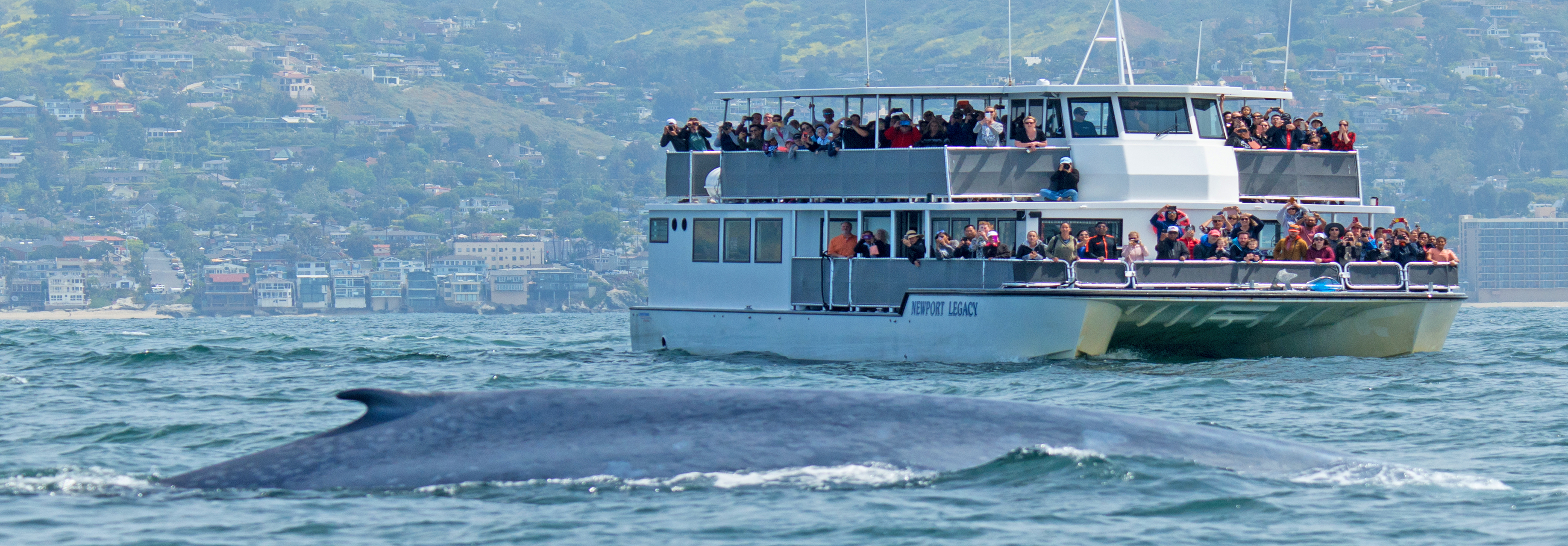
Rarest Whales in the Ocean
Whales, the magnificent giants of the ocean, encompass a wide range of species, each with its own unique characteristics and behaviors. While many whale species are well-known, there are those that remain incredibly rare and elusive, captivating the imaginations of marine enthusiasts and researchers alike. In this list, we delve into the top ten rarest whales, from the critically endangered North Atlantic Right Whale to the elusive Spade-toothed Whale. Discover fascinating facts about these remarkable creatures, their populations, and the challenges they face in their natural habitats.
Here are ten of the rarest whale species, along with some interesting facts about each:
North Atlantic Right Whale (Eubalaena glacialis):
- Population: Approximately 400 individuals.
- They are one of the most endangered large whale species.
- Named "right whale" because they were once considered the "right" whale to hunt due to their slow swimming speeds and high blubber content.
- Known for their distinctive V-shaped blow and callosities (raised patches of rough skin) on their heads.
Vaquita (Phocoena sinus):
- Population: Less than 10 individuals.
- The smallest and most endangered cetacean species in the world.
- Found exclusively in the Gulf of California, Mexico.
- Threatened primarily due to entanglement in fishing nets.
Bowhead Whale (Balaena mysticetus):
- Population: Estimated around 16,000 individuals.
- Known for having the longest baleen plates of any whale species.
- They are well adapted to icy waters and have a thick blubber layer for insulation.
- Have the longest lifespan of any mammal, with some individuals believed to live over 200 years.
Sei Whale (Balaenoptera borealis):
- Population: Around 8,000 individuals.
- Once heavily hunted and now listed as endangered.
- Known for their streamlined bodies and fast swimming speeds.
- They undertake long migrations, traveling thousands of kilometers each year.
Blue Whale (Balaenoptera musculus):
- Population: Approximately 10,000 to 25,000 individuals.
- The largest animal on Earth, with lengths reaching up to 100 feet (30 meters) and weights of over 200 tons.
- They have a heart the size of a small car and a tongue as heavy as an elephant.
- Their vocalizations can be heard across vast distances in the ocean.
Sperm Whale (Physeter macrocephalus):
- Population: Estimated around 200,000 individuals.
- Known for their massive heads, containing a substance called spermaceti, once sought after by whalers.
- Can dive to great depths, holding the record for the deepest dive by a mammal.
- Have the largest brain of any animal.
Hector's Dolphin (Cephalorhynchus hectori):
- Population: Approximately 7,000 individuals.
- One of the smallest and rarest dolphins, found only in coastal waters of New Zealand.
- They are known for their distinctive black and white markings and short, rounded dorsal fin.
- Highly energetic and playful, often seen leaping and surfing in waves.
North Pacific Right Whale (Eubalaena japonica):
- Population: Estimated around 250 individuals.
- Critically endangered and one of the most threatened whale species.
- They were once heavily hunted and are still at risk from ship strikes and entanglement in fishing gear.
- Have large callosities on their heads and a V-shaped blow.
Gervais' Beaked Whale (Mesoplodon europaeus):
- Population: Unknown.
- One of the least known and rarely sighted species of beaked whales.
- They have a slender body, a long beak, and distinct teeth visible in males.
- Deep divers that spend most of their time in deep oceanic waters.
Spade-toothed Whale (Mesoplodon traversii):
- Population: Unknown.
- Considered one of the rarest and least understood whales.
- Only known from a few strandings
The world of whales is filled with awe-inspiring diversity and a delicate balance between survival and endangerment. The rarest whale species, such as the North Atlantic Right Whale and the Vaquita, serve as reminders of the urgent need for conservation efforts to protect these magnificent creatures and their habitats. By raising awareness, supporting research, and implementing effective conservation measures, we can work together to ensure the survival and thriving future of these rare and extraordinary whales. Let us cherish their beauty, respect their presence, and strive to preserve the wonders of the ocean for generations to come.

Reserve your whale-watching trip!
Make your online reservation below, or call (949) 675-0551 to reserve.
SHARE
FOR RESERVATIONS, CALL (949) 675-0551